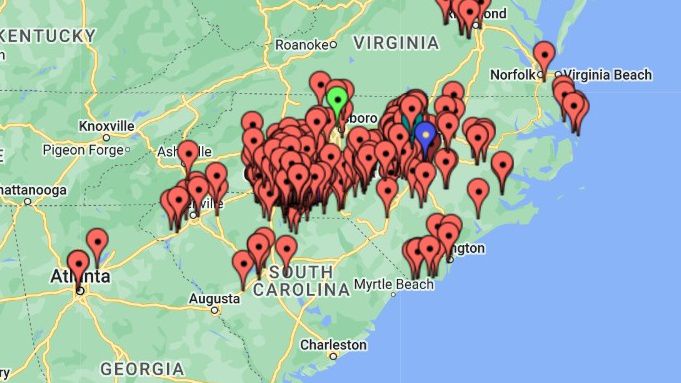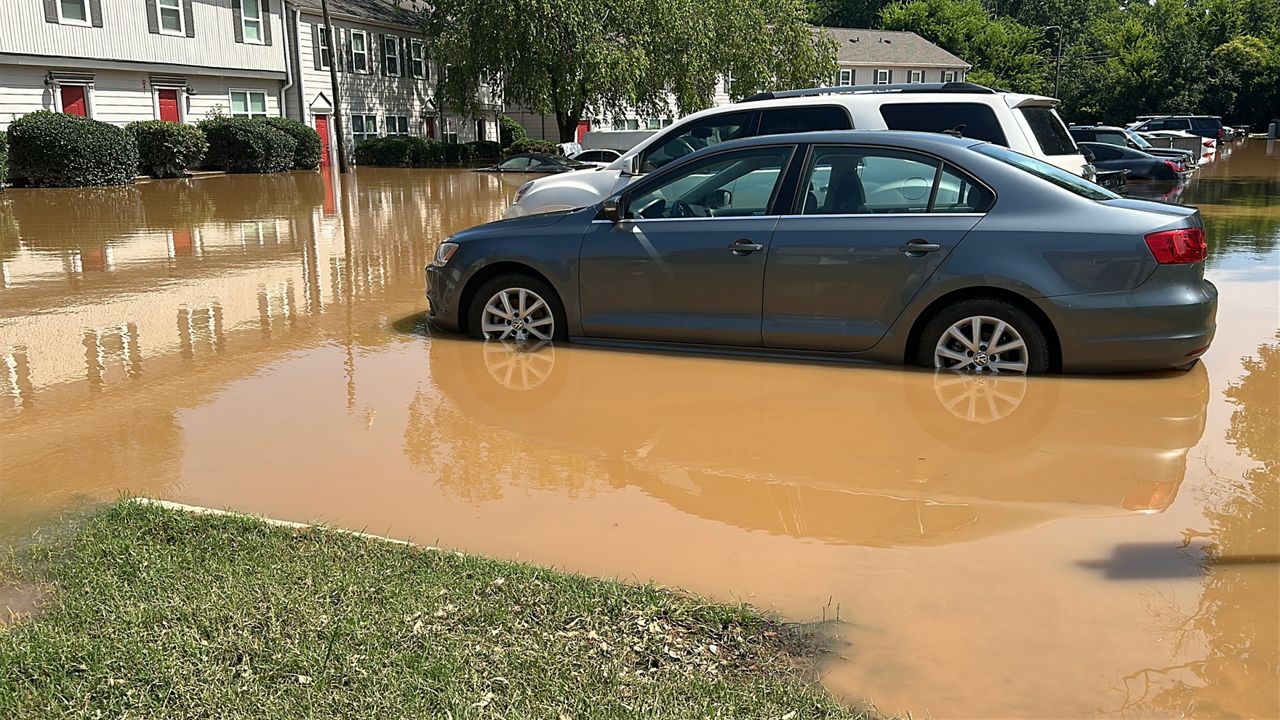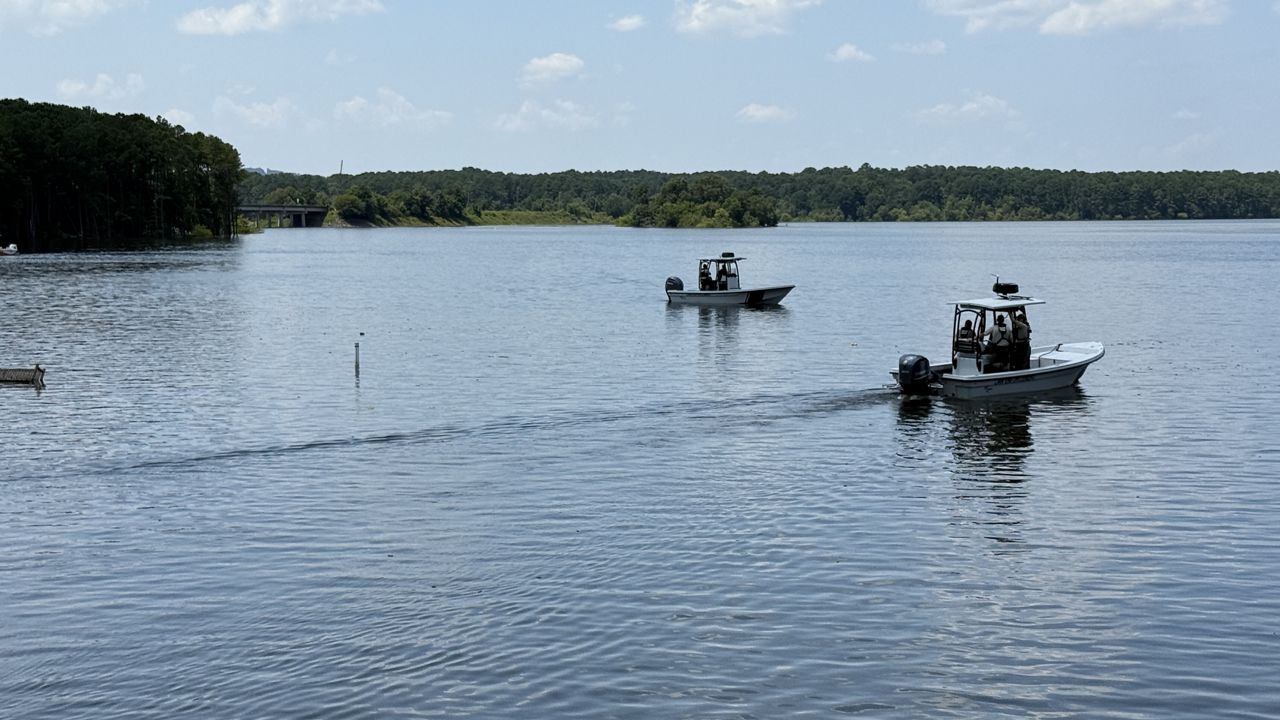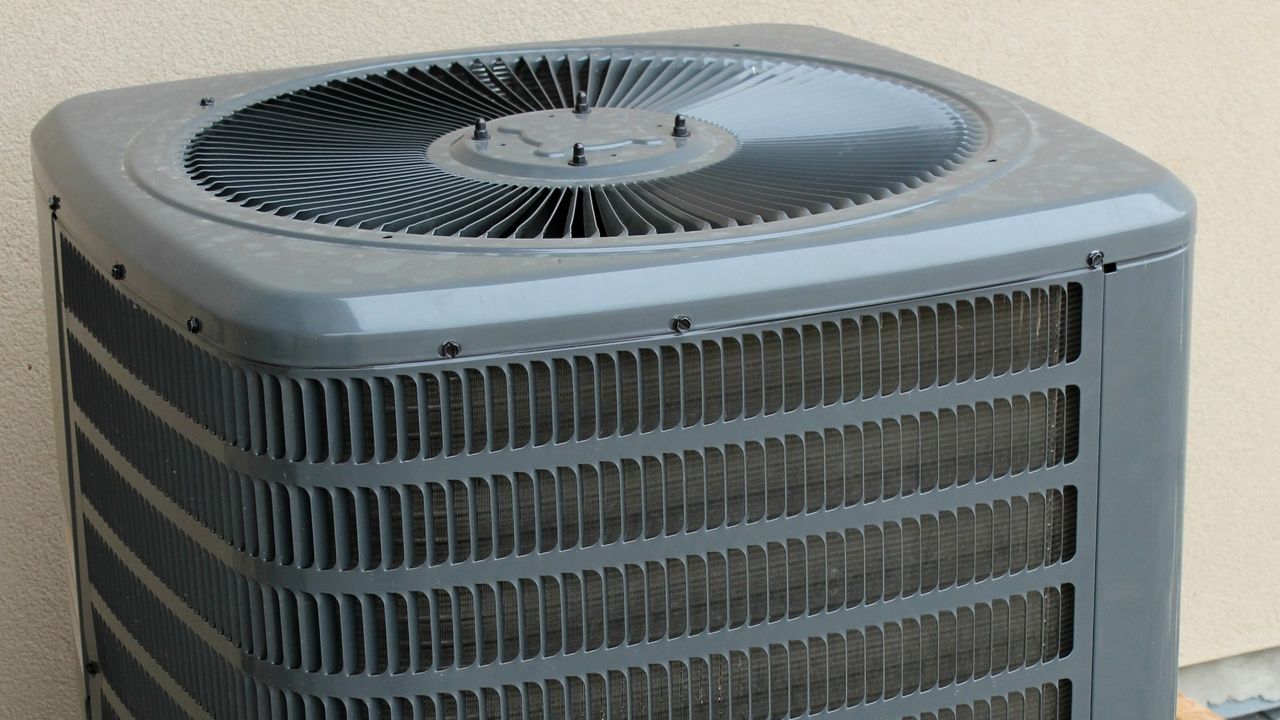UNION CO., N.C. — North Carolina is experiencing a surge of fall armyworms following Tropical Storm Debby, county officials report.
According to North Carolina Cooperative Extension Union County Center Livestock Agent Rachel Owens, there are multiple reports of the pest damaging pastures and lawns.
Owens suggested that Debby possibly contributed to the rise in armyworm population because of the warm and humid conditions needed for eggs and larvae.
Trinity Lawn and Pool Solutions owner and operator John Holland, who services Union County and South Charlotte, has been busy treating yards for armyworms.
“This guy will strip the grass of all these leaves, will eat it through the stem,” Holland said.“This guy will strip the grass of all these leaves, will eat it through the stem,” Holland said.
He described how people start noticing a problem with a brown patch on their lawn, which gets bigger as time goes on.
The calls started to pick up after Debby came through.
“Armyworms is something people struggle with, not to this extent. Usually a little bit later in the fall,” Holland said.
Holland said typically when you spot an infestation, it’s already too late.
“It takes about 48 hours for your treatment to work, so if you wait, these guys can take huge of your chunks out of your yard overnight,” Holland said.
He recommends preventative care, which he said it’s also a cheaper option.
“Preventative treatment for armyworms is half to a third of the cost of getting it reseeded or aerated,” Holland said.
If homeowners plan to treat the lawn themselves, Holland recommends wearing protective equipment.
Additionally, he recommended that homeowners refrain from using lights at night, as they can attract moths to lay eggs on their lawns.
N.C. State University has a self reporting map for fall armyworm activity and damage.
The Charlotte and Raleigh areas currently have higher reports than other areas of the state.







_Cropped)




